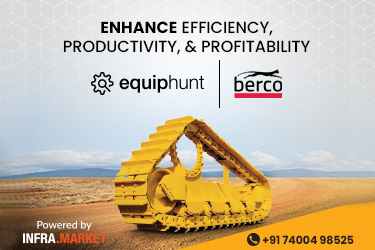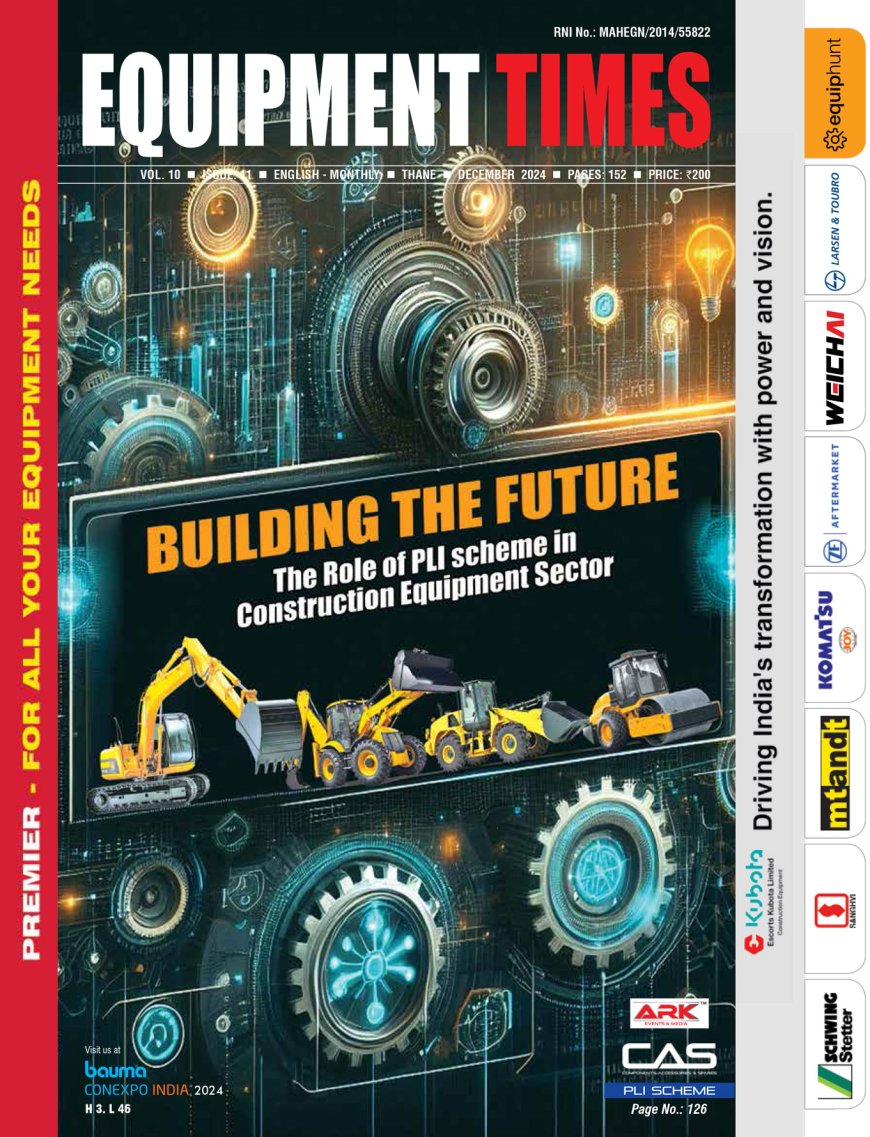For northeast projects asphalt plants with output from 80 – 124 TPH
Karan Parikh, Managing Director, Linnhoff India We are taking continuous efforts to make further developments whereby we limit the emissions and have a safer way to control the fumes, dust etc. through dust collecting system. Karan Parikh, Managing Director Linnhoff

Karan Parikh, Managing Director, Linnhoff India
We are taking continuous efforts to make further developments whereby we limit the emissions and have a safer way to control the fumes, dust etc. through dust collecting system.
Karan Parikh, Managing Director Linnhoff India
Tell about the key market trends in asphalt plants in the north-eastern states?
Being experts in understanding the client requirements, we help them ascertain the type of plant and capacity they require. Since it is capital equipment, it is quite straight forward and has various categories of output. Pertaining to requirement of the contractor and length of the road to be built they place the order and take equipment from us. Majority of what we manufacture is utilized for national highway roads. Overall, there is requirement of plants for both national and state highways. The demand for these asphalt plants is still quite low for rural road projects.
Given the geographical challenges what type and class / capacity of asphalt plants are more in demand?
There are various factors based on which the plant selection is made by the client. We thoroughly understand the requirement from them and decide mutually how to cater the requirement. Taking northeast into consideration, there are mainly requirements of plants giving an output from 80 to 124 tonnes per hour. This is based on the project length, availability of daily production hours and to a certain extent the dimensions of the plants. There was an interesting scenario where we had to cut down the two main modules of the plant, the drum and the cold feeder into three sections, airlift the components and then do the final assembly at site in Arunachal Pradesh. It was a challenging but a landmark project for us.
Brief us on the equipment and machinery supplied by you for northeast projects?
We have supplied over 20 asphalt batch mix plants ranging from 80 to 200TPH for these types of projects. Few of these projects also have the hot recycling or cold recycling attachments. With our venture in maintenance material, we are now also looking to provide maintenance road laying emulsions which will improve the life of the roads by at least 4-5 years. Trials and tests are in progress throughout the nation. Where there is coal availability, we provide attachment to run the plant on coal instead of fuel which also reduces the operations cost drastically.
How do you perceive challenges with regard to specific requirement of equipment to work in difficult terrains?
There are definite challenges, and we work to resolve such issues as we develop various prototype models to meet the requirements at our R&D unit. The equipment can be changed to various sizes, specifications (Example as given above) but there are also ways in which the process itself can be changed by making use of the availability of resources from the location of where the installation has to be made. Such difficult terrains require more mechanization during the installation stages and we have advanced enough to meet the requirement. Have made 350 installations, we may have come across most challenges from transporting the plant till site, erecting the plant and also during the operations based on weather conditions. We have Linnhoff plants all over the world as well and in hilly terrains. We definitely understand that it is challenging to meet the needs and requirements of such remote locations, but given an opportunity we are quite certain of doing a good job.
Brief us on the advanced technologies used in your product range?
To reduce CO2 footprint we are working out on various attachments which go along with our asphalt batch mix plants. The most recent one and also running quite well at four locations across India is the hot recycling attachment. This attachment allows the top layer of existing road to be milled and this material by input at 70:30 ratio with virgin aggregates. This drastically reduces requirement of bitumen, requirement of heating to reach the temperature of mix thus becomes lower, finally leading to overall savings of fuel, aggregates, bitumen and lower exhaust gases due to lower fuel consumption on heating.
Hits: 65










